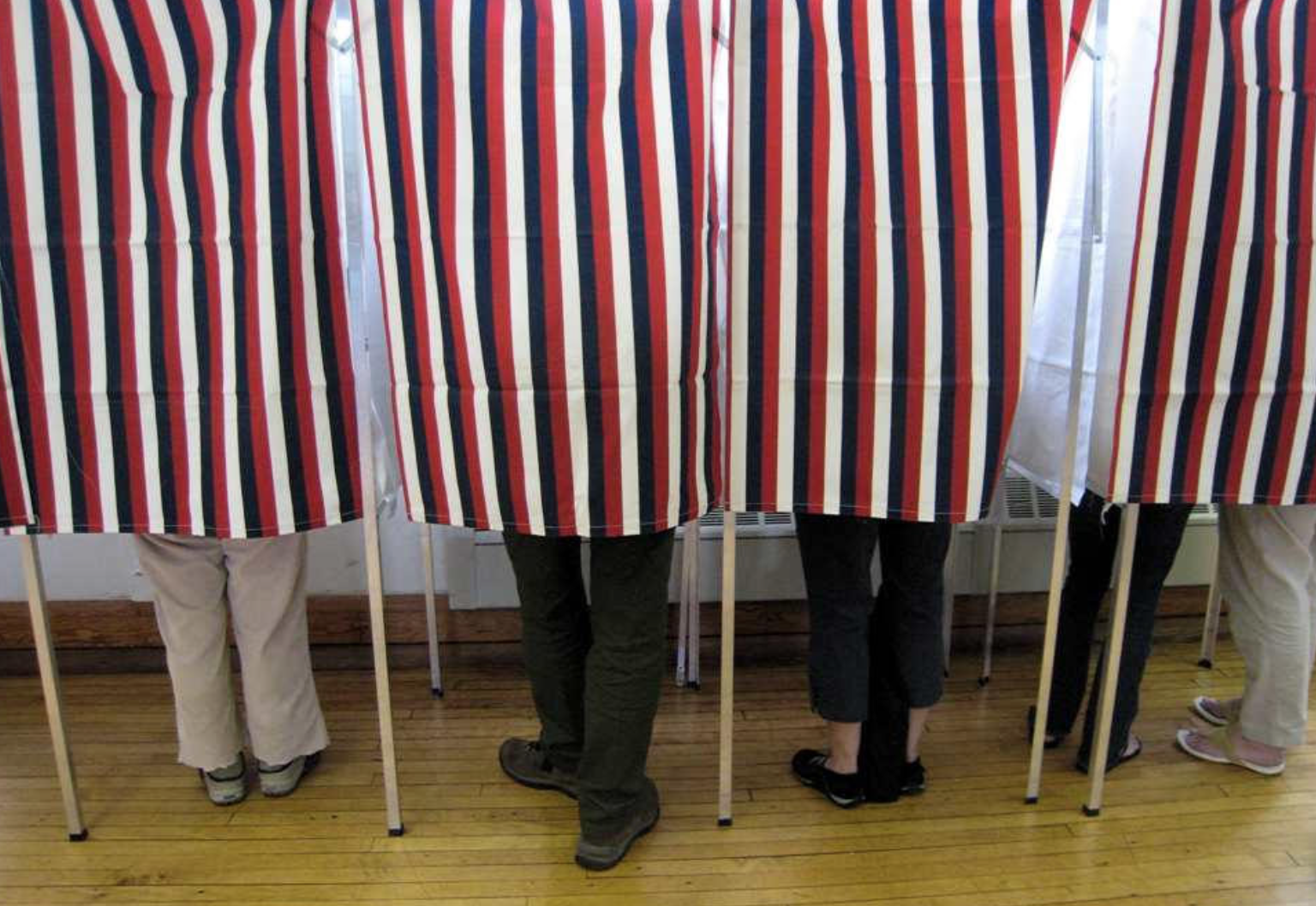On the heels of the latest Kinder Houston Area Survey that documents the area's changing demographics and attitudes, a new report examines the civic health and finds some troubling disparities.
"Houston and Greater Houston as a whole, are economically and culturally vibrant," the report notes, but "there are clear problems in terms of its civic health." Compared to the largest 50 metropolitan areas, the nine-county Houston area had low levels of trust and civic engagement. The report also documented the particularly low levels of political engagement and representation for the region's large and growing Hispanic population.
Overall, the area ranked 36 out of 50 of the largest metropolitan areas when it came to a list of indicators of civic health, painting a picture of a diverse region still struggling to engage all of its residents. That ranking used one year's worth of data but the report itself, a product of the Kinder Institute for Urban Research's Center for Local Elections in American Politics, the National Conference on Citizenship and the Houston Endowment, relied on three years of pooled survey data as well as additional data sources, including election returns and Kinder Houston Area Survey findings.
The Houston area is less trusting than the rest of the country, according to the report, with only 44.5 percent of respondents saying they trust all or most of their neighbors compared to 56 percent nationally. Out of the 50 largest metropolitan areas, Houston ranked 42. The report is only a descriptive report, and thus can't make claims as to why the findings are what they are but notes that two possible sources of the distrust are inequality and economic segregation.
Income inequality, for example, is one possible source of distrust, notes the report, authored by John Lappie, a postdoctoral fellow with the Kinder Institute and the Center for Local Elections in American Politics. Such inequality can contribute to greater pessimism among residents confronting an unequal economy a lack of a sense of common fates among groups with such different statuses.
The data also shows wide variations in race and ethnicity. So while almost 60 percent of white respondents said they trust most or all of their neighbors, only 29 percent of black respondents and 33 percent of Hispanic respondents said the same thing, according to the report that relied on weighted responses.
The report also documented the Houston area's lower than average political engagement, which might reflect those feelings of distrust or skepticism. Other potential explanations include institutional barriers or a lack of diversity among candidates.
Only 6 percent of respondents said they contacted a public official at least once a year, putting the Houston area last among the 50 largest metropolitan areas. This might reflect that residents are satisfied with services, a lack of trust in local government's responsiveness or the confusing complexity of the multiple special districts that can provide services to residents.
Houston-area residents were even less likely to simply talk about politics with family or friends than the national average. Rates were particularly low for naturalized and non-citizens. That could be the result of a range of issues, including "a lack of appealing candidates, poor outreach to immigrant communities, and underfunded English as a Second Language programs," the report notes.
Only a small percentage of the area's voting-age citizens actually registered or voted, according to the report, and turnout rates were particularly low for voters with Hispanic surnames. The report found that Hispanic-surnamed residents were also "underrepresented in the candidate pool for both Harris County and City of Houston offices," building on a previous report that found that the average election did not include a Hispanic candidate.
"The major challenges are just that participation in political life is inequitable," said Lappie. "Hispanics and naturalized citizens are increasingly large proportions of the area’s population but they're not engaged as much in politics and you have to worry about what that will mean for policy representation."

